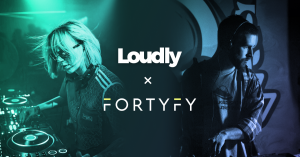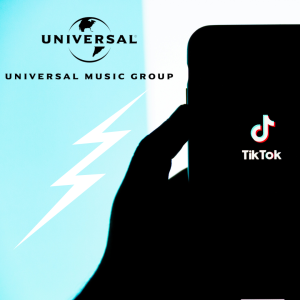In recent years, the intersection of technology and the arts has given rise to groundbreaking concepts and innovations. One such innovation that has been making waves across the music industry is the advent of Non-Fungible Tokens (NFTs). NFTs have revolutionized the way we perceive and exchange digital assets, creating exciting opportunities for musicians, artists, and fans alike. In this edition, we delve into the world of NFTs and explore how they are reshaping the music industry.
Understanding NFTs: Non-Fungible Tokens are unique digital assets that represent ownership or proof of authenticity for a specific item or piece of content. Unlike cryptocurrencies such as Bitcoin or Ethereum, which are fungible and interchangeable, NFTs are indivisible and hold distinct value. These tokens are built on blockchain technology, providing a transparent and decentralized system for verifying ownership and ensuring scarcity.

NFTs and Music:
- New Revenue Streams: NFTs have opened up exciting avenues for musicians to monetize their work beyond traditional means. Artists can create limited edition digital collectibles, such as exclusive music releases, unreleased tracks, artwork, or even virtual concert experiences, and sell them directly to fans as NFTs. This direct-to-fan model enables artists to retain a larger share of the revenue and establish a deeper connection with their audience.
- Fan Engagement and Interactivity: NFTs offer a unique way for musicians to engage with their fans. By minting NFTs, artists can offer exclusive perks like backstage passes, meet-and-greets, or lifetime access to concerts. Additionally, NFT holders can participate in interactive experiences like remix contests, virtual collaborations, or VIP access to unreleased content. This level of interaction fosters a sense of community and loyalty among fans.
- Royalty Tracking and Transparency: Blockchain technology, the foundation of NFTs, ensures transparent and immutable records of transactions. This opens up possibilities for better royalty tracking and distribution systems. Smart contracts embedded within NFTs can automate royalty payments to artists, ensuring they receive their fair share whenever their music is sold or streamed.

While NFTs offer significant potential, it is crucial to consider some challenges and ethical considerations:
- Environmental Impact: The energy consumption associated with blockchain technology, particularly in the case of popular blockchains like Ethereum, has raised concerns about its environmental footprint. Artists and platforms must explore more sustainable alternatives or support initiatives that mitigate the carbon footprint associated with NFTs.
- Scams and Copyright Issues: The nascent nature of the NFT space has led to instances of scams and copyright infringements. Artists must exercise caution and ensure proper authentication and legal rights before minting and selling NFTs. Platforms and marketplaces should implement robust verification processes to protect creators and buyers.
NFTs have introduced a paradigm shift in the music industry, offering new avenues for revenue, fan engagement, and artistic expression. Musicians now have the ability to forge direct connections with their fanbase while exploring innovative ways to monetize their work. As the NFT landscape evolves, it is essential to embrace the opportunities it presents while navigating the challenges responsibly. By understanding the potential and staying informed, artists can embrace this digital revolution and unlock exciting possibilities for their music careers. As we are constantly working on advanced technologies, we are excited to offer NFT services in the near future as well. Connect with us to get more information!



